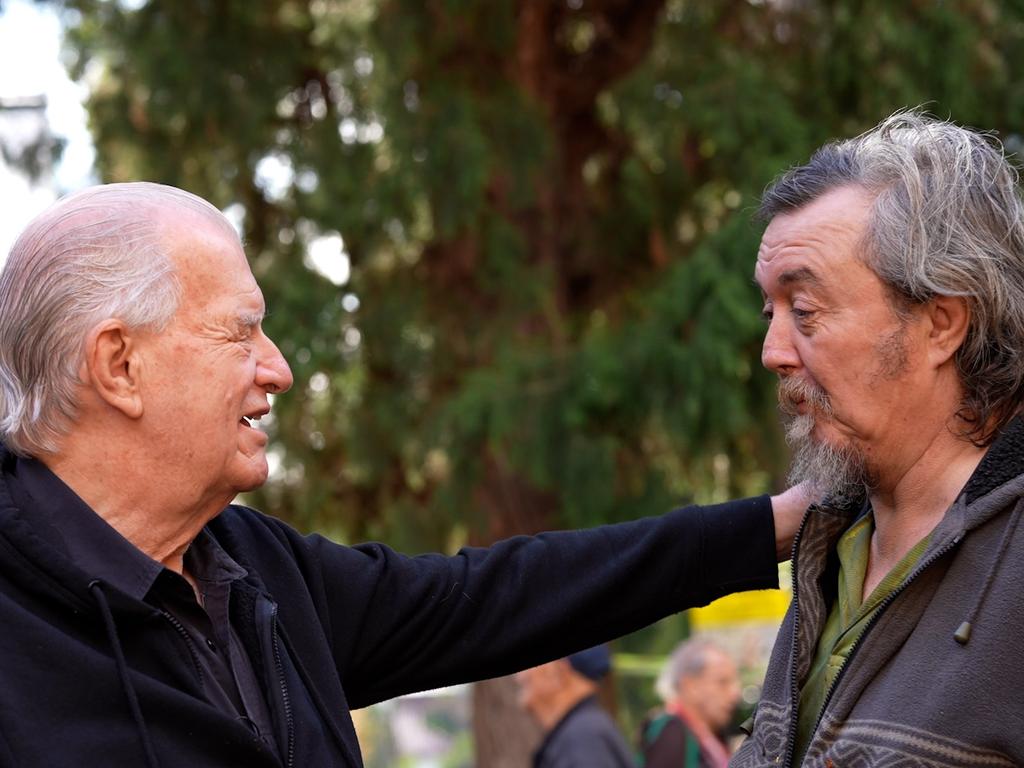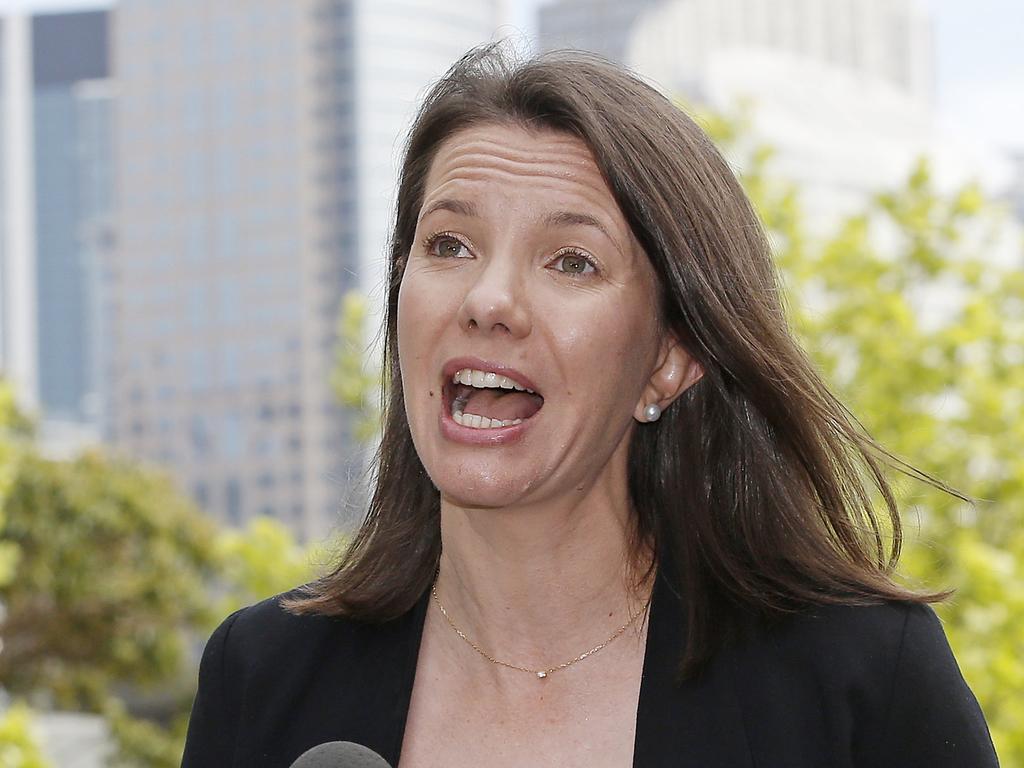‘Alienating, inadequate, ill-informed’: national partnership on mental health branded a failure
Mental health systems are failing millions, the Productivity Commission has reported in a scathing review of the first three years of Australia’s Mental Health and Suicide Prevention Agreement.

Australia’s mental health systems remain “alienating, inadequate, ill-informed and out of reach” for millions of people in desperate need, the Productivity Commission has reported in a scathing review of the first three years of Australia’s Mental Health and Suicide Prevention Agreement.
The PC finds the national agreement signed by the states and the commonwealth to address the dire state of mental health outcomes in Australia has “fundamental flaws”, and although it has achieved bureaucratic objectives there has been no change for consumers, who continue to be locked out of care, which is fragmented and unaffordable.
Only a tiny fraction of the $12bn governments spend nationwide on mental health is subject to funding commitments in the agreement, equivalent to just $360m or only 3 per cent of total expenditure.
This is highly unusual for a national partnership agreement of this kind.
Most of the key commitments under the document are not funded, and there is little accountability for promises made or money spent.
As documented recently in The Australian’s investigative series, Life Support, the sector continues to be blighted by gaps and service shortages across the mental health system, including GPs, specialist providers and acute care.
Crisis support is inadequate and not responsive to people’s needs, and costs and waiting times are prohibitive, with four out of 10 people who needed care delaying or not seeing a health professional on at least one occasion in 2023-24.
Despite committing to ambitious goals in signing the agreement, the promises of improvement made by governments lacked any “evidence-based logic” connecting the promised actions to overarching goals.
“It is hard to see what is being achieved and how, and to hold governments accountable for their commitments,” Productivity Commissioners Selwyn Button and Angela Jackson said in their interim report into the agreement’s outcomes, concluding the partnership document was “not fit for purpose”.

Australia’s suicide rate has not shifted in 10 years despite massive investment, and for Aboriginal and Torres Strait Islander people it has markedly increased. There were 3214 suicides in Australia in 2023.
Call for overhaul of agreement
The commission is calling for a total overhaul of the national agreement as it recommends extending the current agreement until problems can be addressed.
“I think the agreement set out with very lofty and commendable ambitions but, in terms of the actions and the funding in the agreement, they were not going to ever deliver on those objectives,” Dr Jackson told The Australian. “Clearly we need to be redoubling efforts.
Governments have been increasing funding but it’s important that it’s done in a co-ordinated way, because we’re not seeing outcomes improve.”
Consumers surveyed by the Productivity Commission described Australia’s mental health systems as “alienating, inadequate, ill-informed, and under-resourced to the point where it is literally costing lives”.
The findings of the report are not a surprise to 44-year-old Sarah Logan, who lives with bipolar disorder and who has been spearheading a consumer push in NSW for mental health system reform.
Ms Logan has had to be admitted to hospital on at least 11 occasions during the past 15 years and says mental health systems are crisis-driven and failing patients.
“We don’t have good community mental health foundations, they are critically lacking,” Ms Logan said. “I think the fragmented approach to mental health and the lack of continuity of care is a huge issue.
“We don’t need more reports or frameworks, we know what needs to be done. We need some action on the ground. It just boils down to people don’t know where to access care, it’s all so disparate.”
The PC singled out the lack of progress on providing critical psychosocial supports to 647,000 Australians who suffer moderate to severe mental illnesses but were locked out of the NDIS. The Mental Health and Suicide Prevention Agreement had met its bureaucratic “outcome” of quantifying the extent of the need, but had not yet made substantial progress on actually providing this support to these vulnerable Australians. The PC said this should be a high priority.
The Mental Health and Suicide Prevention Agreement was signed by the commonwealth government and all states in 2022.
Systemic reform restricted
Governments pledged that the agreement would “lay the foundations for delivering landmark mental health and suicide prevention reform, with the aim of moving towards a unified and integrated mental health and suicide prevention system”.
The agreement bound governments to work to provide equitable access to mental healthcare for everyone who needs it. Reducing fragmentation, addressing gaps in community-based and prevention services as well as early intervention were key aims.
But the PC commissioners said: “The National Mental Health and Suicide Prevention Agreement has not enabled systemic reform that would support improved consumer and carer outcomes.
“The agreement’s top-down approach and inflexible funding are restricting the ability of services to respond to local need.
“The initiatives implemented under the agreement are limited in their scope and reach, affecting only a small proportion of the people who need mental health and suicide prevention services. The agreement has ambitious objectives and outcomes, but it is not clear how the commitments in the agreement and the bilateral schedules are helping achieve these.”
Governance arrangements were lacking transparency and promised reports that were supposed to publicly report on progress had not been published.
And data provided to the PC to inform its reporting on the agreement “was primarily qualitative” rather than objective, with governments effectively self-assessing their own progress.
The provision of specific information about key performance indicators was frequently ignored by governments, who routinely rated the KPIs as “not applicable”.





To join the conversation, please log in. Don't have an account? Register
Join the conversation, you are commenting as Logout